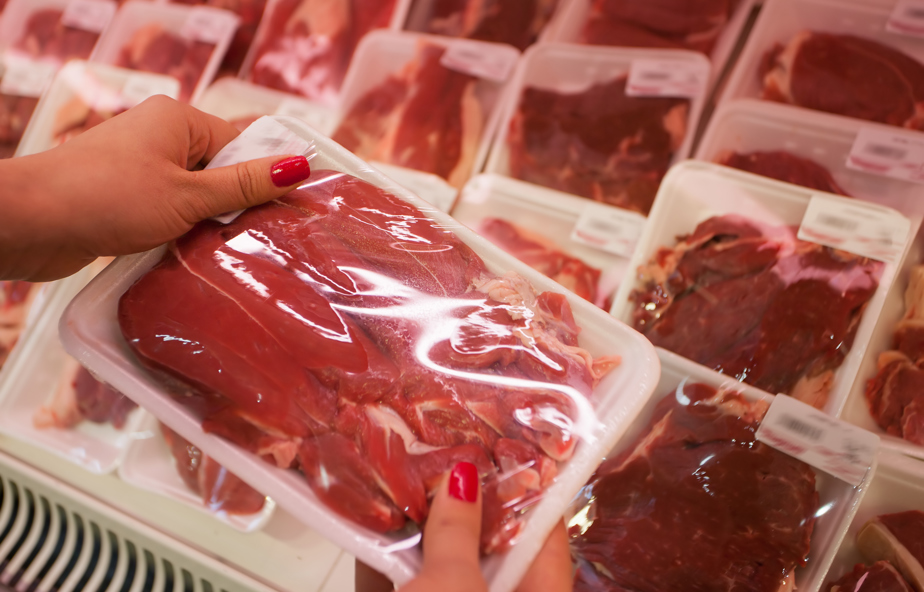It may come as no surprise that Australia ranks as one of the largest exporters of frozen and chilled meat products around the globe.
Sending meat shipments to over 100 countries worldwide, with the top five consumers being the USA, Japan, Korea, European Union and China.
Australia’s quality standards are one of the highest in the world, making our meat a highly sought after commodity.
As these meats are produced for human consumption it is important risks are minimised in transit by implementing effective safety protocols to ensure the safe travel of the goods.
But in the wake of COVID-19 meat export has seen significant change. Marine Protect’s National Cargo Product Manager, Daniel Morrison, provides some guidance on navigating the trade chain, risks, and regulatory environment of Australian chilled and frozen meat exports.
“Demand for Australian meat has actually increased since the COVID-19 outbreak as international consumers are seeking more product transparency on the safety, freshness, quality, and country of origin of their meat,” says Daniel.
As the COVID-19 crisis only intensified globally in March some recent trade shifts aren’t reflected in the latest numbers, however, research from MLA reports that Australia’s total value of red meat exports for Q1 was up 20% on 2019 with frozen beef prices up 19% on this time last year and chilled beef also lifting significantly, now up 10% on last year.
“This surge in demand is seeing more of our meat products than ever heading to foreign markets therefore insuring your cargo for transit is essential,” adds Daniel.
Chilled meat can be shipped by air but is most often done so by sea. Cartons are packed into an air container (often called an igloo) or a refrigerated shipping container (usually maintained at 4°c) for shipments by sea. Frozen meat is traditionally packed in cartons onto pallets and shipped by sea in refrigerated (reefer) containers at -18°c.
“Both chilled and frozen meat are heavily reliant on an efficient and reliable logistic chain. Particularly chilled products, which have special needs due to temperature sensitivity and relatively limited shelf life.
“These products are highly susceptible to loss or damage due to interruption of temperature control as they will quickly deteriorate where mechanical refrigeration or chilling agents fail or malfunction.”
Due to this temperature control and maintenance is added to ordinary shipment damages as a principal risk assessment focus, however, new risks have arisen.
“With many ports in lockdown or at a reduced capacity there has been an increase in occurrences of meat exports not being unpacked or accepted, and limited reefer container availability making the process an extremely difficult one,” notes Daniel.
“Regulations in most countries require maintenance of appropriate temperatures and on inspection any relatively small deviations will result in product condemnation and rejection of product by foreign government authorities,” he adds.
While demand has remained strong the slow supply chain, as a result of the global COVID-19 disruptions, has made keeping to these regulations a challenge. Some Australian exporters have even temporarily shut down during the pandemic, including the nation’s largest beef plant, due to the depth of the supply challenges facing processors.
“Close co-operation between producers and logistics suppliers, such as carriers and freight forwarders, is critical to ensuring standards are maintained and goods are delivered safely to destination.
“Every transit presents unique challenges, for example lengthy inland transits or travel to or through destinations such as tropic zones and the Middle East can put strain on refrigeration systems.
Ensuring risks are understood, goods are properly prepared, and the logistics suppliers have clear instructions for transport is the first step to managing the transit exposure in this period of disruption,” says Daniel.
As new exposures are becoming visible in the industry due to COVID-19 extra protection and assistance is vital.
Daniel emphasises that cargo insurance is an invaluable asset to have as an exporter because cover can be obtained for goods against nominated perils during transit, an example is if a container malfunctions or has to be removed from a ship, in addition to the standard cover for ordinary shipment damages.
“We continue to work closely with our customers during COVID-19 and beyond to create plans that are tailored to them and provide assistance wherever possible to keep them up and running,” says Daniel.
If your client’s exports have been affected by COVID-19, contact your local NTI representative for assistance.
